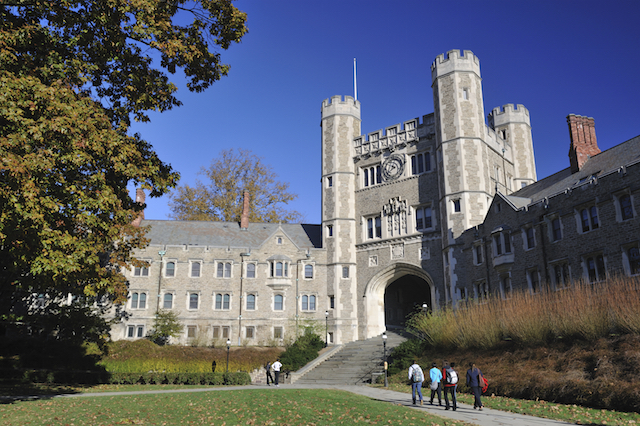Last June, “Shark Tank” champion and Tower Paddle Boards CEO Stephan Aarstol tried a workplace experiment. He instituted a five-hour workday for the entire summer, beginning at 8 a.m. and ending at 1 p.m..The catch? His employees’ productivity had to remain steady. If they couldn’t hack it, they’d be fired. RELATED:The biggest myths about the hustle economy
It worked. His employees were more productive, and they had more free time. Now Tower Paddle Boards has a permanent five hour workday (and salaries remain the same, if not higher).
Skeptical that it could work for you? So were we, but Aarstol makes a compelling case for a shorter workday in his new book, “The Five Hour Workday: Live Differently, Unlock Productivity and Find Happiness”(out July 15th). Aarstol outlined five reasons why streamlining a work day that’s bloated with meetings and internet distractions is good for personal balance — and the bottom line.
The current workday is an outdated invention
When Aarstol began researching the origins of our standard eight-hour workday, he realized “it was basically invented by Henry Ford in 1914 for factory workers. Because of the assembly line, productivity went way up.” Workers went from putting in 10-16-hour days six hours a week, to eight-hour days five days week. The Digital Revolution created another productivity sea change — but our workday hasn’t kept pace with the speed at which we work, says Aarstol. “As a knowledge worker, I’m just so much more productive today than knowledge workers were 100 years ago.” We don’t always work at work
Despite a standard eight hours on the clock, we’re generally only working two to three of those hours, says Aarstol. “Productivity tools [email, Dropbox, smartphones, etc] have allowed us to be really productive, and they’ve allowed us to waste a lot of time. So we’ve sort of trained the workforce to become very lazy,” he notes. In the U.S., we’ve also come define ourselves by our jobs. “The worst-case scenario is when people are in this competition to see how early they can get to the office and how late they can leave.” Today, being a workaholic is a badge of honor, but that wasn’t always the case. “[in the past] work was considered a curse. People who had to work were considered unsuccessful in ancient the Greek culture,” says Aastol. Productivity is about more than just work
“With their time back, [employees] can pursue their passions, if they’re community volunteers they can do a lot more stuff like that, which is productivity too, that we don’t really measure in the U.S. right now,” explains Aastol, noting that in a era of abundance, time can be more valuable than money. “Not everybody is an entrepreneur, not everybody’s best asset is what they do at work.” Our current schedule is killing us — literally
Says Aastol, “In the early 1900s, people were dying on factory floors because they were being overworked. Today, the same thing is happening. You see it with prescription medication abuse, you’ve got drug abuse, you’ve got obesity, you’ve got heart disease, A lot of this is from basically working too much.” The author notes that theU.S. ranked 26th out of 29 in a happiness survey of industrialized nations. Shorter workdays = savvier workers
Flextime and telecommuting are basically “workarounds” to the long workday — acceptable hacks that allow us to work smarter, not longer. Says Aarstol, “Companies like mine are going to give workers a better deal, and we’re going to steal all the good workers. That’s what this is — it’s a retention and recruitment strategy to get those highly productive workers and to give them a better bargain.” Sounds appealing? “If you’re in a large company, workers need to start pushing back,” says Aarstol.
His advice? Pick up his book, and give it to your boss.
The case for the five-hour workday

iStock
























